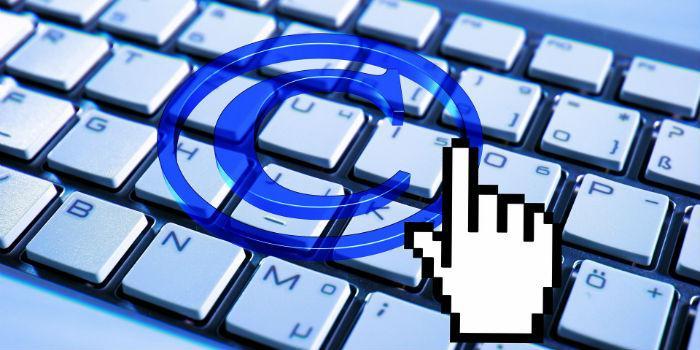
Is everything that is technologically possible at the same time ethically admissible, socially acceptable, legally legitimate?
By:
Mg. Luis Fernando Gutiérrez Cano
Mg. Luis Jorge Orcasitas Pacheco
This article discusses some of the fundamental concepts in relation to copyright and intellectual property, from its multiple forms in which it relates to technologies, with the purpose of providing our readers with those principles and weights that allow them to address the most common problems, with a friendly and understandable language for all, which is not the general rule in our days when it often seems that the idea is the opposite.
To do this, we collected some concepts from Sol Beatriz Calle D ́Alemán, Lawyer from the University of Medellín, Doctor of Law (PhD) from the Externado de Colombia University, with Laude recognition for her doctoral thesis on software and intellectual property. Dr. Calle D'German also holds a Master's Degree in Computer Science and Law from the Complutense University of Madrid and is a professor and researcher at the Department of Computer Law of the Externado de Colombia University, where she serves as director of the research line in Privacy and Protection of Personal Data.
In the same way, she is a Professor and Researcher of the Doctorate, Master's and Specialization programs in Technology and Innovation Management at the Pontifical Bolivarian University. She is the author of the book Legal Protection of Software: critique of its current regulation and redefinition in the face of Law (Editorial Ibáñez, 2012).
How can the technological environment of the XXI century be described and what are its main characteristics?
Sol Calle D ́Alemán: From the perspective of law and compliance with legal standards, current technology is governed by what I have called the most important tool of the XXI century that is software and around this begins to develop the entire computer industry that today is far surpassed by everything we are seeing around data analytics (big data) and many more, such as IOT (Internet of Things) technology, i.e. the Internet of Things.
This is how the environment of the XXI century poses many challenges to professionals and from the perspective of compliance and regulations invites us to reflect deeply on standards very different from those that were had for the technological environment of the last century, since before we produced goods en masse from machines, that is, an economy based on selling many pieces and placing them within the markets; however, the technology of the xxi century is an intangible technology (intangible goods), from hardware, software, knowledge and ideas that begin to be very relevant and to be the object of the market, but at the same time our codes and our standards have not foreseen in their entirety, that is, in many ways they are not prepared for that. That is why from this perspective paradigms must be broken and at the same time understand the technological environment to be able to address compliance issues from the law.
What is neuromanangement and what are its characteristics?
Sol Calle D ́Alemán: The last century was characterized by being a historical moment in which societies and the economy had to develop with that mass production of goods and the key was the provision of services; at that time there was a lot of emphasis on the medium through which we produced and thus we became experts in the production chains. As lawyers we became experts in contracts for the provision of services, hence the employment contract has at this time its greatest relevance because it was the unit of time vs. the production capacity (what is averaged in our industries).
That changes completely when today we find that the twenty-first century proposes us not to emphasize the environment on the basis of which we produce but on the result of that production that today is based on knowledge: today it is ideas and innovation that permeate all our areas and that also begin to be a requirement of companies that want to be competitive in the twenty-first century and that want, in some way, penetrate international markets.
Are we ready for knowledge-based production?
Sol Calle D'German: The Internet globalizes all law (the Internet is now no exception), since it erases the borders between countries and between economies and that is why we see technological poles such as Silicon Valley and all the new technological innovation companies, the largest in the world, which focus on the production of knowledge and not tangible goods, in the production of software and computer tools to make people's lives more integrated with the world around us.
This, of course, brings many risks because finally we are not used to addressing what we do not see or understand it very well, we are used to addressing what we touch, what occupies a physical space not what we do not see or understand and as knowledge is not touched because it is not physical, that is where we find normatively the way to address big problems.
What are the substantial differences between the regulatory environment of the twentieth century and that of the twenty-first century?
Sol Calle D ́Alemán: According to the above, the world and the economy today have as their center the production of knowledge, which leads to innovation being the tool through which companies, public entities and society in general have to work, in order to find these new niches. Hence, in order to explore the world and do technological surveillance, we must look at what is in other places and thus be able to advance in science and advance in knowledge; Under this premise, that knowledge that begins to be produced and that at the same time is constituted in new forms of technology, allows to continue advancing in creating new states of the art, because obviously it arises for those who propose it and for the people who produce it, so the question is how to protect it?
From this perspective, the law will always have the duty to respond to society to guide it in how what is produced is protected, from whom it is produced, how it is managed and how it is transferred, because finally the right is what guarantees us those institutions of property so that relations can be established between people, with the purpose of obtaining greater economic benefit, it is what we have called technological law and computer law.
It is a current that has been advancing in the world, especially in Europe and latin American countries, where it is a question of studying all these problems and all these paradigms in order to address the problems of the management of current technology from the legal perspective; however, the issue we have in this case is that we have no rules and no rules for the Internet since so far there is no "Internet right", so to speak.
Is there a regulatory environment to face the moment we live with technology?
Sol Calle D ́Alemán: There is no technological right written in a code and, of course, the same thing that was previously exposed will happen to us: the contract is still a good form of risk regulation within the processes of technology production, innovation and knowledge production ; however, we will find contracts that are described in the standard and, on the other hand, some that we have to self-regulate and that we have to create ourselves, so we will find rules designed for previous centuries but that have to address realities of intangible goods for this time.
The above indicates that the current technological scenario will lead us to the fact that in the contracts we create, both the rules and the norms that previously existed are not those that are going to be assumed to be able to respond to the problems of this time but that we have to create them, hence the challenge for a lawyer, especially from the business perspective, it consists of creating those rules and norms as new forms of protection that are not described in the current laws and that is a very interesting point in relation to what Anglo-Saxon law and regulations raise in the United States and Great Britain, because they allow us to rely on self-regulation, in negotiations, in rules of conduct and in international standards, and that is what all the professionals who are dedicated to working on the issues of information and communications technology law are experiencing today.
How are the relationships between technology, innovation and knowledge established?
Sol Calle D ́Alemán: The challenge is enormous because the rules we had on the protection of intellectual property specifically, were rules that were designed for productions and creations that we call "works" but "works" of the artistic, scientific and cultural world; Today, when we are faced with software, databases and multimedia products, we find what I have called "new computer assets", which need that protection and which also need to be addressed by law, that is one of the serious problems we have: how to protect them.
I believe that the answer lies again in self-regulation and in the ability we have to create our own rules, contracts, rules and businesses that find in knowledge a value and, above all, begin to develop conceptually and theoretically new paradigms around ideas, which as a rule in copyright (in copyright) do not have any protection but that in this twenty-first century do begin to be objects of commerce.
We see it in the open innovation platforms in which there is the possibility that ideas are exposed and ideas are bought in the market, this of course is totally contrary to the traditional rules of intellectual property and our challenge today is to understand them in the environment of electronic commerce, in the environment of the production of new portfolios of goods and services, in which the product is no longer only services but the final result is knowledge: very valuable ideas that begin to have an economic and patrimonial connotation that we have to learn to embroider.
*Mg. Luis Fernando Gutiérrez Cano. Social Communicator-Journalist (Universidad Pontificia Bolivariana), Master in Education (Tecnológico de Monterrey), PhD candidate in Technological Management and Innovation (Universidad Pontificia Bolivariana). Professor of the Faculty of Social Communication-Journalism of the Pontifical Bolivarian University. Coordinator of the Master's Degree in Digital Television at the Pontifical Bolivarian University. Defender of Teleantioquia Viewer. You can write to: [email protected] and [email protected]
*Mg. Luis Jorge Orcasitas Pacheco. Social Communicator-Journalist (Universidad Pontificia Bolivariana), Master in Theory and Practice of Creative Documentary (Universitat Autónoma de Barcelona), Mestre en Imagem e Som (Universidade Federal de São Carlos, UFSCar). Professor-researcher Faculty of Social Communication-Journalism Pontifical Bolivarian University. Member of the Urban Communication Research Group-GICU. You can write to: [email protected] and [email protected]



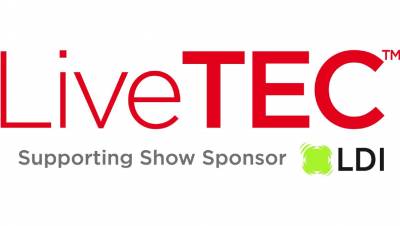

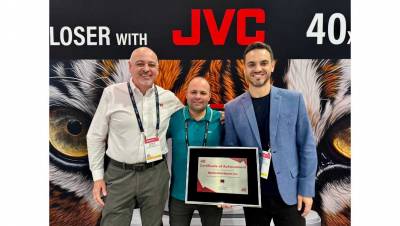





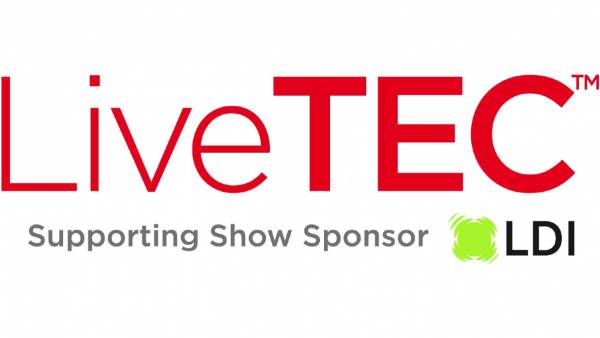
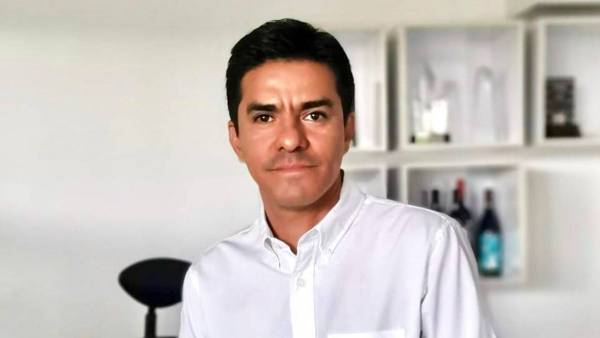

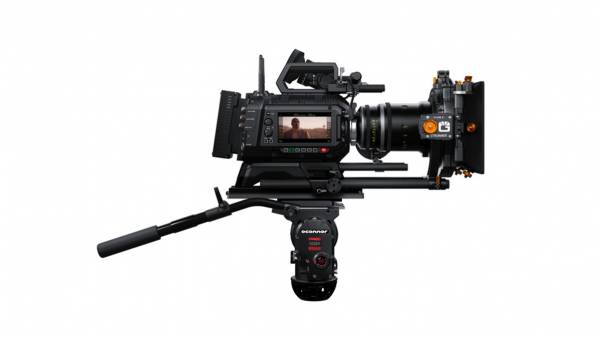









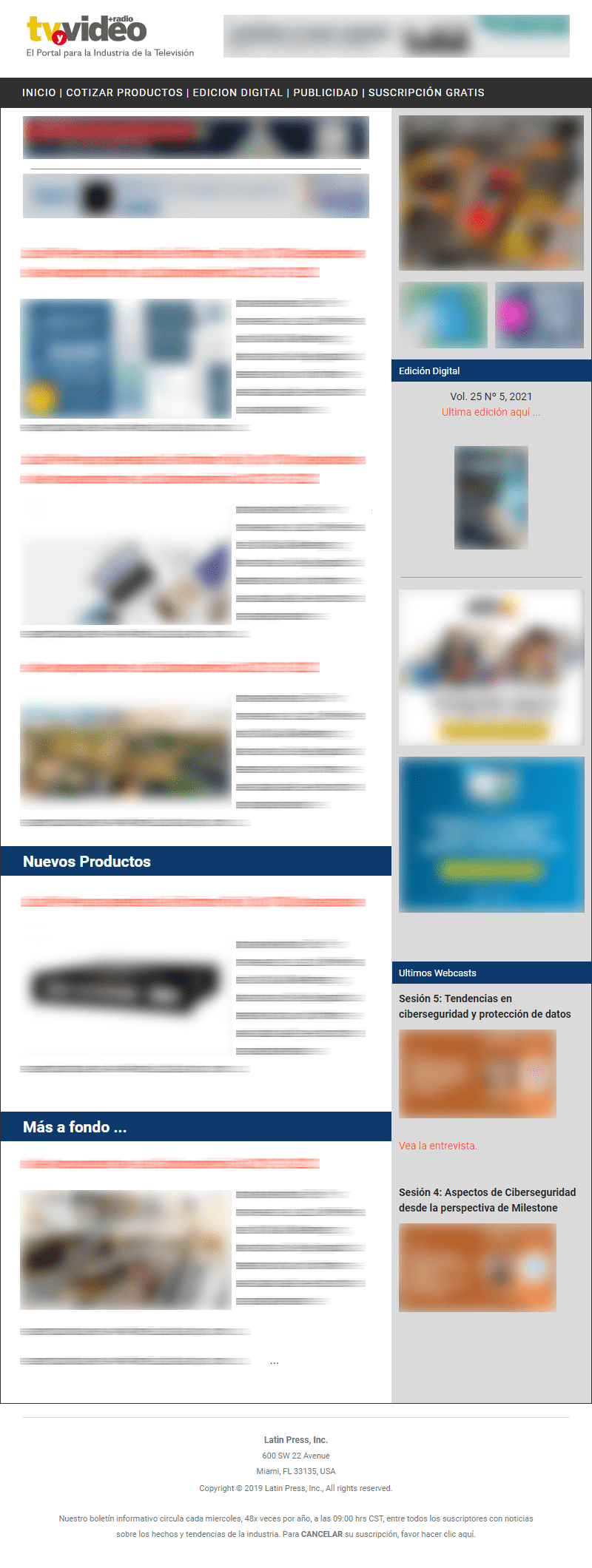
Leave your comment